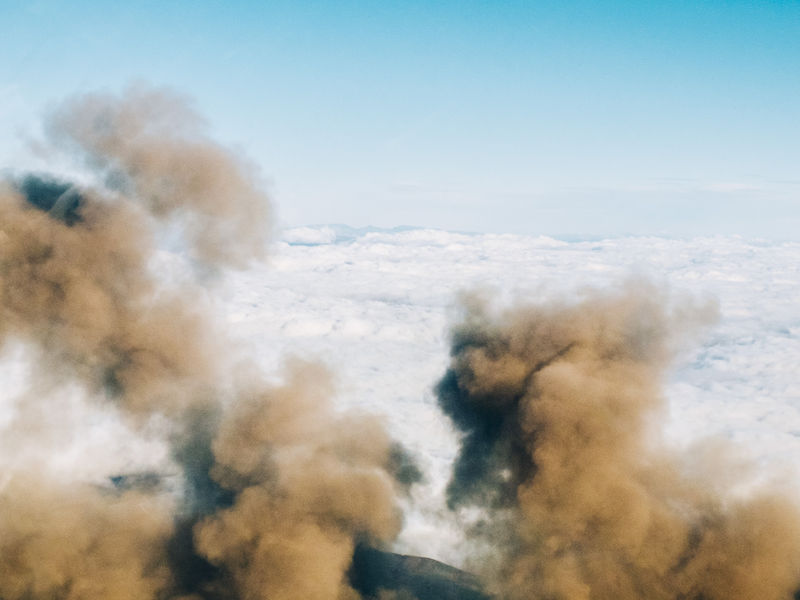
House of the Spirits
Rucapillán means the 'house of Pillan' or 'house of the spirits' in Mapuche, the indigenous people of South-central Chile. The Rucapillan is the volcano that dominates the small town of Pucon. We were fortunate to visit while the volcano was erupting. It was quite a sight, one that warrants the volcano's name.
This was a truly special moment at a direct personal level and at an abstract level. I disagree with Immanuel Kant's definition and explanation of the Sublime (that is what my thesis is about), yet there is still much to be taken from his writing. He uses the erupting volcanoes as examples of what he calls the dynamic sublime:
"[...] volcanoes in all their violence of destruction; hurricanes with their track of devastation; the boundless ocean in a state of tumult; the lofty waterfall of a mighty river, and such like; these exhibit our faculty of resistance as insignificantly small in comparison with their might. But the sight of them is the more attractive, the more fearful it is, provided only that we are in security; and we readily call these objects sublime, because they raise the energies of the soul above their accustomed height, and discover in us a faculty of resistance of a quite different kind, which gives us courage to measure ourselves against the apparent almightiness of nature." (Kant, 1892)
On a more personal note, my wife and I were flying over the Rucapillán with our 5 week old baby in this little Cessna, I kept thinking to myself that if he started out like this in his first weeks, I really wondered what kind of spirits he would be getting involved with when he gets older.
Kant, Immanuel, 1914 [1892], The Critique of Judgement, 2nd edition revised, London: Macmillan.
House of the Spirit 2015
Gwenael Velge












